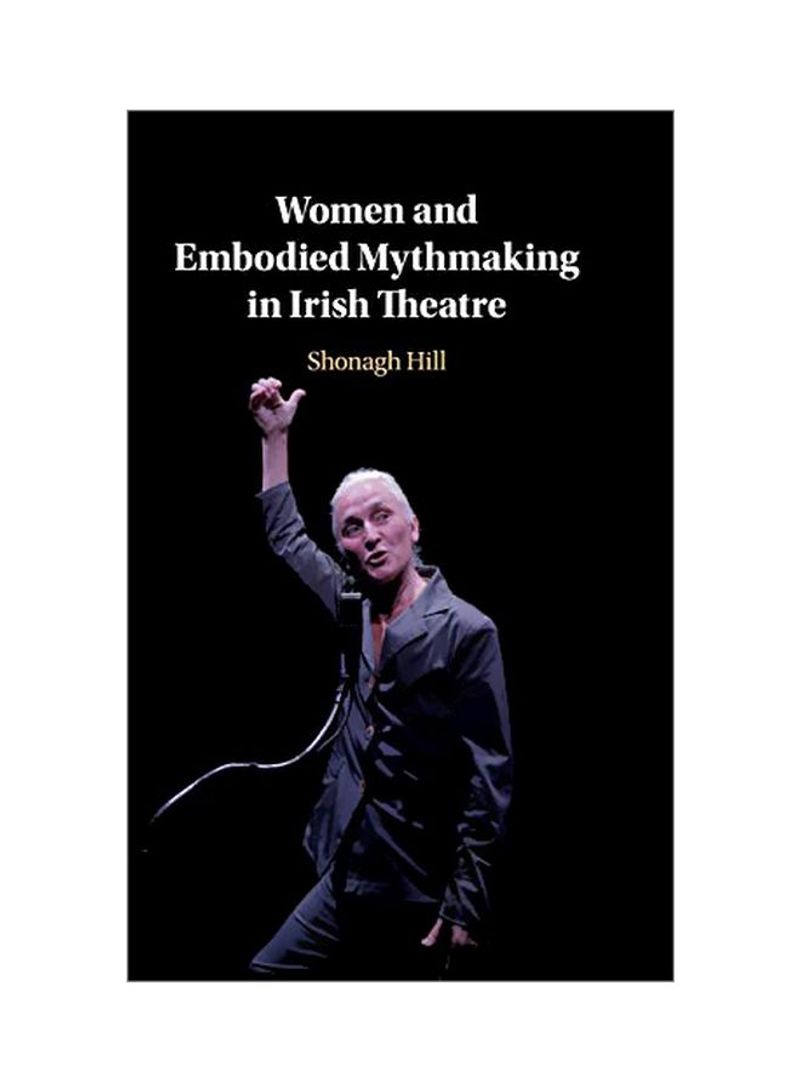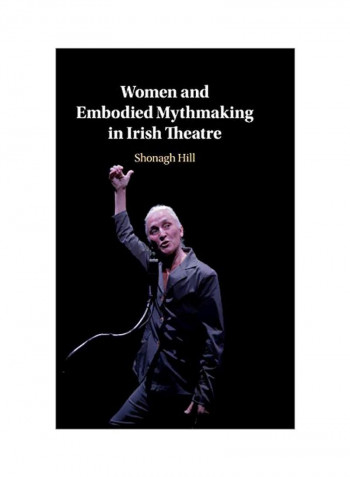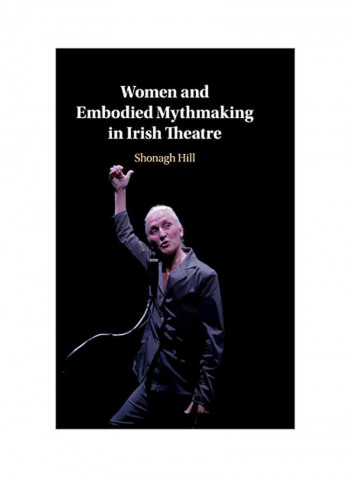Women And Embodied Mythmaking In Irish Theatre Hardcover
Recommend
Sort by
Rating
Date
Specifications
Author 1
Shonagh Hill
Book Description
The rich legacy of women's contributions to Irish theatre is traditionally viewed through a male-dominated literary canon and mythmaking, thus arguably silencing their work. In this timely book, Shonagh Hill proposes a feminist genealogy which brings new perspectives to women's mythmaking across the twentieth and twenty-first centuries. The performances considered include the tableaux vivants performed by the Inghinidhe na hEireann (Daughters of Ireland), plays written by Alice Milligan, Maud Gonne, Lady Augusta Gregory, Eva Gore-Booth, Mary Devenport O'Neill, Mary Elizabeth Burke-Kennedy, Paula Meehan, Edna O'Brien and Marina Carr, as well as plays translated, adapted and performed by Olwen Fouere. The theatrical work discussed resists the occlusion of women's cultural engagement that results from confinement to idealised myths of femininity. This is realised through embodied mythmaking: a process which exposes how bodies bear the consequences of these myths, while refusing to accept the female body as passive bearer of inscription through the assertion of a creative female corporeality.
ISBN-13
9781108485333
Language
English
Publisher
Cambridge University Press
Publication Date
31-Oct-2019
Number of Pages
266
About the Author
Shonagh Hill teaches at University College Dublin. She was awarded an Irish Research Council Postdoctoral Fellowship 2016-17 (University College Dublin) to develop her monograph Women and Embodied Mythmaking in Irish Theatre. Hill has published articles on women and Irish theatre in a range of leading journals and internationally reviewed books. Most recently, 'Feeling Out of Place: The 'affective dissonance' of the feminist spectator in The Boys of Foley Street' was published in Performance, Feminism and Affect in Neoliberal Times (2017).
Editorial Review
Women and Embodied Mythmaking in Irish Theatre is an accessible and timely feminist intervention into canonical, patriarchal myth-making on the twenty and twenty-first century Irish stages. Turning her feminist gaze on Irish theatre, Hill persuasively argues that is not enough merely to uncover the histories of missing or marginalised women theatre makers and to reposition these within the canonical, patriarchal set-up. Her innovative, critical manoeuvre is to offer a genealogical framework that disavows a conventional, chronological method; what readers of her study will discover is a retelling of the Irish stage through a non-linear approach that forges links between different sites, modes, or moments of women's resistant theatre-making. This is a narrative in which the leading protagonists are not the patriarchally agreed canonical suspects, but the unruly bodies of those theatre women who contest and rebel against the limiting myths of femininity.' Elaine Aston, Lancaster University 'Hill weaves women's re-workings of myth into the story of the Irish nation and ... creates a new, malleable mythology of her own. With fascinating ... analysis of both canonical and lesser-known women's theatre art, this book creates a genealogy of Irish theatre in which nothing rests ossified in time and place. Hill's case studies return to speak to each other throughout - fulfilling her promise to embody a feminist genealogy and, further, reminding the reader of the exciting potentials for restaging and reimagining these productions. In the aftermath of #WakingtheFeminists and the referendum to repeal the eighth amendment, and amid continued social movements to redress almost a century of institutionalised Irish misogyny, Hill's work moves the conversation about women's contributions to theatre and to nation forward: from decrying absence to insisting on presence, both in our relationship to history and in the contemporary moment. ' Emer O'Toole, Concordia University, Montreal 'Women and Embodied Mythmaking in Irish Theatre is an accessible and timely feminist intervention into canonical, patriarchal myth-making on the twenty and twenty-first century Irish stages. Turning her feminist gaze on Irish theatre, Hill persuasively argues that is not enough merely to uncover the histories of missing or marginalised women theatre makers and to reposition these within the canonical, patriarchal set-up. Her innovative, critical manoeuvre is to offer a genealogical framework that disavows a conventional, chronological method; what readers of her study will discover is a retelling of the Irish stage through a non-linear approach that forges links between different sites, modes, or moments of women's resistant theatre-making. This is a narrative in which the leading protagonists are not the patriarchally agreed canonical suspects, but the unruly bodies of those theatre women who contest and rebel against the limiting myths of femininity.' Elaine Aston, Lancaster University 'Hill weaves women's re-workings of myth into the story of the Irish nation and ... creates a new, malleable mythology of her own. With fascinating ... analysis of both canonical and lesser-known women's theatre art, this book creates a genealogy of Irish theatre in which nothing rests ossified in time and place. Hill's case studies return to speak to each other throughout - fulfilling her promise to embody a feminist genealogy and, further, reminding the reader of the exciting potentials for restaging and reimagining these productions. In the aftermath of #WakingtheFeminists and the referendum to repeal the eighth amendment, and amid continued social movements to redress almost a century of institutionalised Irish misogyny, Hill's work moves the conversation about women's contributions to theatre and to nation forward: from decrying absence to insisting on presence, both in our relationship to history and in the contemporary moment. ' Emer O'Toole, Concordia University, Montreal



